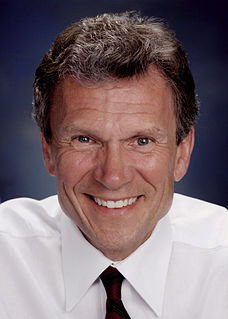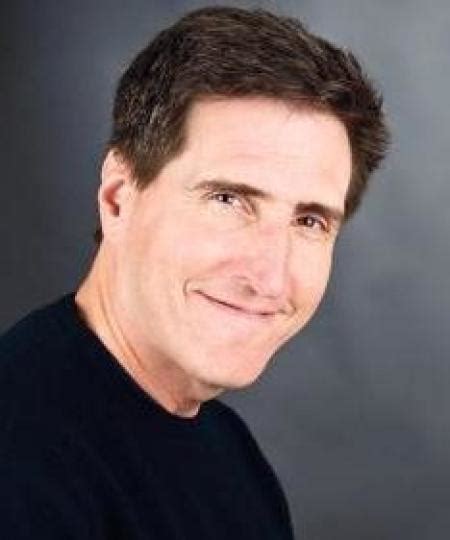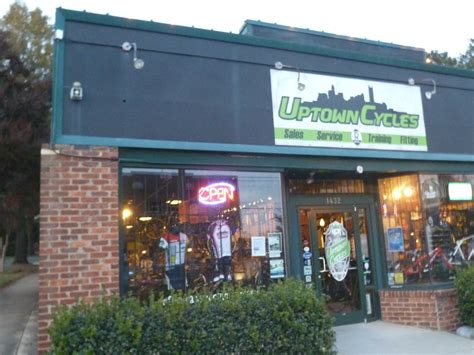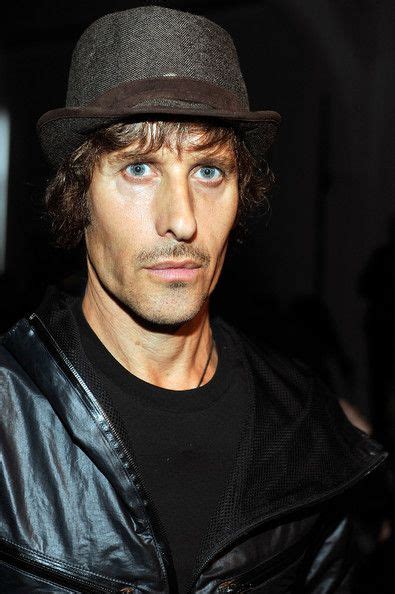A Quote by Lionel Barber
While the web is very much the first draft of history, a rough-cut, it still has to be good journalism, well-sourced, reliable. Clearly, the printed form is going to have more effort put into it, going to be more reflective and relevant.
Related Quotes
I work sometimes from outlines, which are immediately abandoned. Sometimes, when I'm trying to find the characters, I'll sketch things out a bit. Sometimes, outlines help me aim a little bit, but I tend to find it's usually much more interesting, especially with the first draft, to spew it onto the page. I used to get very nervous that, if I write this first rough draft and I die that night, whoever finds it might think that I thought it was good. For me, it's much more important to get some general shape onto the page and later take all the time I need to refine it, fix it, and rewrite it.
If you say, 'I'm going to cut this song because I know the teenagers are going to love it,' well, then you're going to alienate everybody else. When I cut my record, I'm just going to cut the things that I like, and whoever likes it, likes it. That's too much work to try to figure out the demographic. That's too much like a business.
Some day, as soon as a book is printed it will be simultaneously put into digital form. That will be a wonderful research tool, but it will never substitute for holding the book. I feel certain that at least within my lifetime, everyone will still be going to the bookstore and buying printed books. Thank God I'll die before I have to worry about whether the printed book itself will disappear. That's something I don't want to live to see.

































